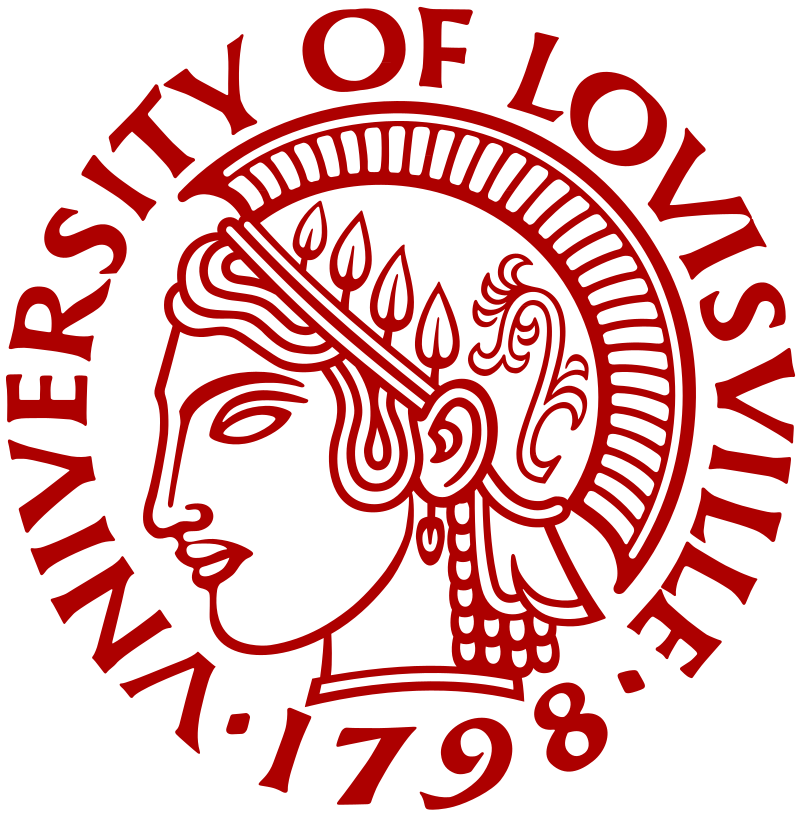Scholarship: Fully-funded
Degree: Bachelor/Master/Ph.D
Nationality: International Students
Location: USA
Application deadlines: Open
Scholarship Description:
The University of Louisville (UofL) is a public research university located in Louisville, Kentucky. Established in 1798 as Jefferson Seminary, it became one of the first city-funded public colleges in the U.S. UofL is designated by the Kentucky General Assembly as a “Preeminent Metropolitan Research University.”
Classified as an “R1: Doctoral University – Very high research activity,” the University Health Sciences Center, or med campus, is situated just east of Downtown Louisville. It includes two major hospitals and several specialty facilities, housing five colleges.
The University of Louisville School of Medicine is recognized for pioneering achievements, including the first fully self-contained artificial heart transplant surgery and the first successful hand transplantation in the U.S. Additionally, the University Hospital is notable for establishing the first civilian ambulance service, the nation’s first accident services (now known as an emergency department), and one of the earliest blood banks in the U.S.
Available Subjects:
- Pathophysiology, pharmacology, molecular biology, and/or cell biology,
Eligibility criteria:
- Candidates with a PhD, MD, or DVM and 0 to 5 years of relevant experience, along with a strong background in pathophysiology, pharmacology, molecular biology, and/or cell biology, are strongly encouraged to apply. The university offers a market-competitive salary and benefits package.
- Two Postdoctoral Fellow and Research Assistant positions, supported by NIH-R01 grants, are immediately available in the Pediatric Research Institute, Department of Pediatrics, University of Louisville School of Medicine. The research focuses on elucidating the molecular mechanisms underlying metabolic syndrome-associated cardiovascular complications and chemotherapy (doxorubicin)-induced cardiotoxicity.
- The laboratory employs a comprehensive array of state-of-the-art techniques, including primary cardiovascular cell culture, transgenic technologies (Adv, AAV, and LV), and in vivo conditional inducible knock-out and knock-in mouse models. These approaches are integrated to investigate diabetes-induced metabolic dysfunction, cardiovascular complications, and doxorubicin-related cardiotoxicity (see: Diabetes 2011; 60:625–633; J Am Coll Cardiol 2012; 59:1477–86; Diabetes 2013; 62:2545–58; Diabetologia 2015; 58:1937–48; Circ Res 2017; 120:e7–e23; Cell Rep 2017; 20:1717–1728; Diabetes 2018; 67:507–517; Diabetes 2020; 69:1779–1792; Nat Rev Cardiol 2020; 17:585–607; Hepatology 2021; 73:2206–2222; Redox Biol 2022; 56:102449).
- Highly motivated and productive individuals holding a PhD, MD, or DVM with 0–5 years of relevant research experience are strongly encouraged to apply. A solid background in pathophysiology, pharmacology, molecular biology, and/or cell biology is essential.
- Preferred candidates will have prior experience with animal models of metabolic syndrome-associated complications and chemotherapy-induced cardiotoxicity, including diabetic cardiomyopathy, atherosclerosis, diabetic nephropathy, and doxorubicin-induced cardiotoxicity. Additional experience in small animal ultrasound imaging (echocardiography), flow cytometry, primary cell culture, lipid metabolism, radioactive isotope handling, transcriptomics, single cell/spatial RNA sequencing, and viral vector techniques is highly desirable.
Application Procedure:
Interested candidates should send a cover letter outlining their qualifications, a curriculum vitae, and contact information for three references to Dr. Yi Tan at
